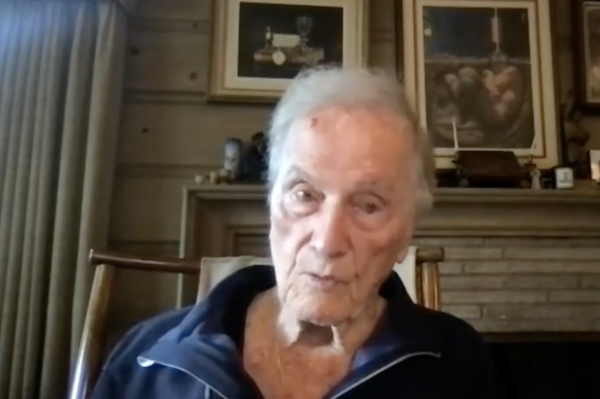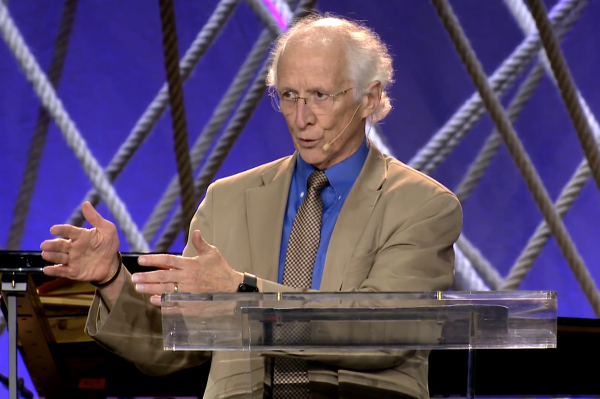World Leaders Call on Gaddafi to Surrender Power
With Sunday’s rebel advancement into Tripoli, leaders across the globe are calling upon Libya’s strongman Muammar Gaddafi to cede power.
One such call came from Italian Foreign Minister Franco Frattini in which he stated, “The time is up. There is no alternative to surrendering and handing himself to justice.”
Frattini continued, “If Gaddafi keeps inciting a civil war, he alone will be responsible for a dramatic bloodbath that we must all try to avert.”
Michael Mann, spokesman for the European Union foreign affairs chief Catherine Ashton, stated, “We seem to be witnessing the last moments of the Gaddafi regime and we call on Gaddafi to step down without further delay and avoid further bloodshed.”
The NATO secretary general, Anders Fogh Rasmussen, said, “The sooner Gaddafi realizes that he cannot win the battle against his own people, the better – so that the Libyan people can be spared further bloodshed and suffering.”
President Obama also released a statement regarding Gaddafi on Sunday evening in which he stated, “The people of Libya are showing that the universal pursuit of dignity and freedom is far stronger than the iron fist of a dictator.”
As global leaders respond to rebel advance on Tripoli, Libyans across the globe have come out to celebrate the likely ousting of the strongman.
Libyan nationals have taken to the streets of Tripoli to celebrate the looming end of Gaddafi but the Libyan diaspora has also been seen as taking to social media to proclaim their excitement and have been celebrating on the streets of countries as far away as Turkey, Malta, and the United States.
However, amid the celebrations and condemnations, analysts are arguing that focusing on reconciliation will be critical to halting the violence in the country and to lay the foundation for a democratic transition to evolve peacefully.
Jonathan Steele of The Guardian argues that NATO bears a huge responsibility to aid in Libya’s transition to democracy, saying that NATO played a crucial role in “tipping the military scales in Libya.”
Steele argues that because NATO played such an intrinsic role in setting the stage for the rebels to remove Gaddafi, “NATO cannot pretend it has no responsibility for the way its allies behave.”
He continued, “If things go wrong, NATO will share the blame.”






















